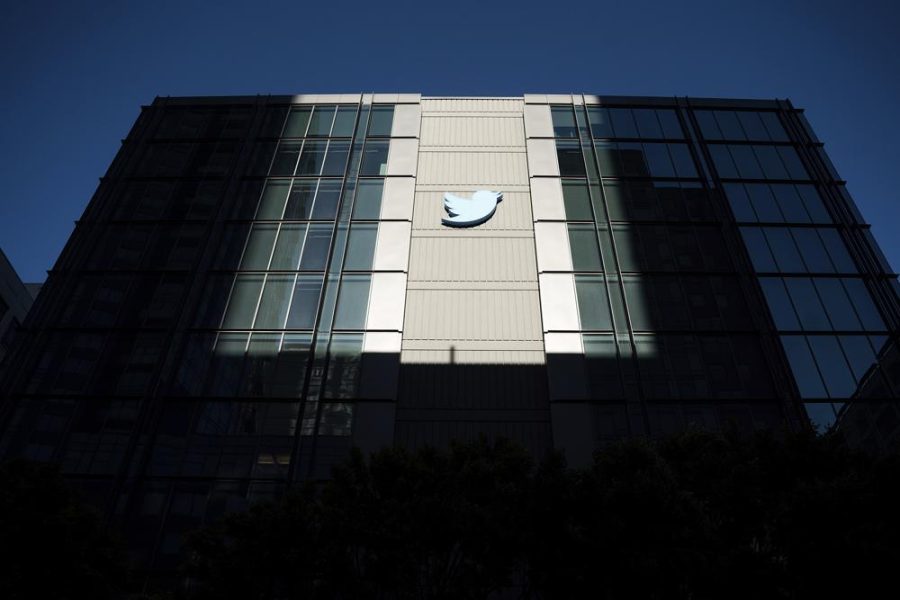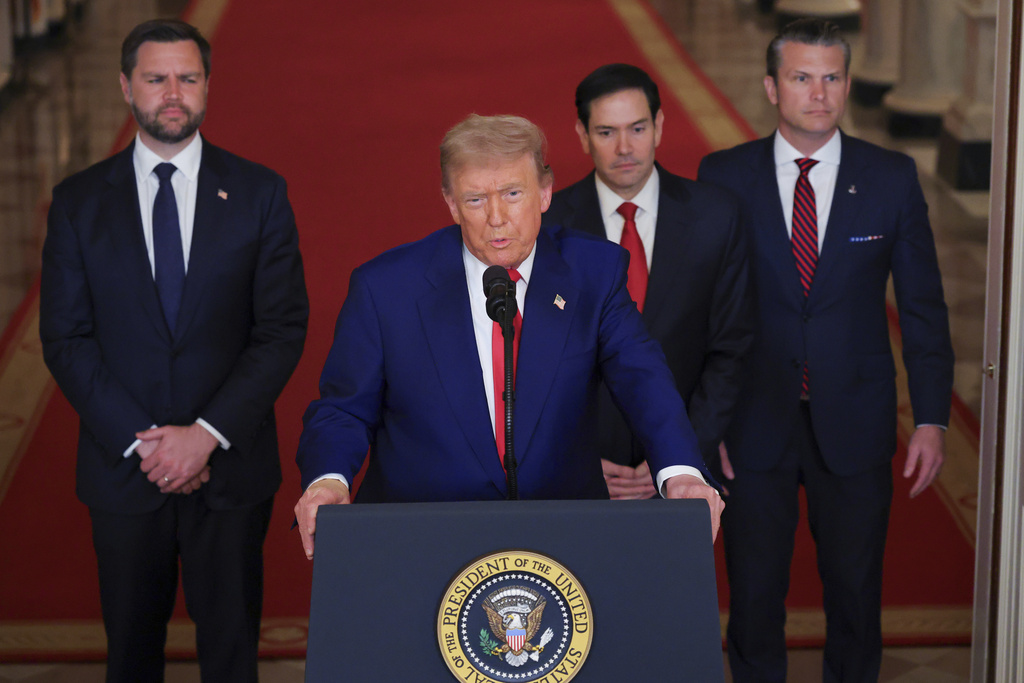Multi-billionaire and CEO of Tesla Motors, Elon Musk, officially assumed ownership of Twitter on Oct. 27 after months of trying to back out of the $44 billion dollar purchase agreement he initially signed in April 2022.
Twitter is a social media platform fundamentally designed for communication, micro-blogging, and social networking. In recent years, Twitter has become a common ground for people and groups to spread messages and opinions on a professional platform.
Musk initially offered to buy Twitter in April for $44 billion dollars, then the economy tanked, and multiple tech stocks fell significantly. In a fit of buyer’s remorse, Musk tried to back out of the agreement and Twitter sued him, forcing him to complete the deal. As the lawsuit began, Musk changed his mind and said he would buy Twitter like he initially offered.
The day Musk took control of Twitter, he tweeted a message addressing his motivation for acquiring Twitter.
“The reason I acquired Twitter is because it is important to the future of civilization to have a common digital town square, where a wide range of beliefs can be debated in a healthy manner, without resorting to violence,” Musk tweeted.
He further wrote that there is a great danger that social media will splinter into far-right wing and far-left wing echo chambers that will generate more hate and divide in society.

According to Musk, he didn’t buy Twitter to make more money but instead to “try to help humanity, whom I love,” he tweeted.
“If he is perceived by a large swath of Twitter users to be one-sided politically, Twitter may end up with far fewer users, which won’t help with revenue,” University of North Florida (UNF) Professor John Parmelee wrote in a statement to Spinnaker.
Nearly ten years ago, Parmelee wrote a book called Politics and the Twitter Revolution. He found that Twitter was at its most influential when it served as a forum for many different views. Parmalee explained that now as Musk has taken over Twitter, there are several risks he faces trying to expand Twitter’s influence and revenue.
Another way Twitter might lose users is if an increased lack of content moderation leads to Twitter being perceived as full of dangerous conspiracy theories, Parmalee wrote.
“On the plus side, Musk may alter the user experience in ways that expand the reach and influence of the site,” Parmelee concluded. “Only time will tell.”
Margaret Stewart, an associate professor in UNF’s School of Communication explained the acquisition of Twitter by Musk can be used as an opportunity to reinforce how an individual or corporate ownership over a media channel impacts its functionality.
“There is incredible power by the corporate or individual ownership control of the entity,” Stewart explained. “It really sets the temperature for the culture of that organization and how it sits in a very innovative and dynamic industry, such as where big tech and social media meet.”
Musk also implemented a new policy to Twitter—Twitter Blue, an opt-in, paid monthly subscription that offers exclusive access to premium features including priority in replies, mentions and searches—along with the ability to post longer videos and see fewer ads.
Among these exclusive features includes the notorious blue check mark—a symbolic feature previously reserved for verified users with a significant amount of fame or recognition.
Under Musk’s Twitter, any user can now pay a monthly fee of $7.99 to gain or keep their verified status via a blue check mark.
After receiving backlash via Twitter from a variety of celebrities and users, Musk tweeted, “Trash me all day, but it’ll cost $8.”

The idea of a pay-to-play social media platform isn’t something new. Stewart explained that it might shape the way Twitter functions.
“You begin to question… what would make user A motivated to pay a monthly subscription to this platform, versus user B who says I get off the ride here, I don’t want to pay the subscription,” Stewart said.
It didn’t take long for this new feature to prove flawed as some celebrities changed their display names to none other than Elon Musk and began to impersonate him through tweets.
Musk took to Twitter to warn users that going forward, “any Twitter handles engaging in impersonation without clearly specifying “parody” will be permanently suspended.”
Shortly after Musk assumed ownership, Twitter laid off around 3,700 employees in departments across the company, nearly half of its total employees.
Musk addressed the layoffs in a tweet saying there was no choice when the company is losing over $4 million a day. In one tweet, Musk stated that each exited employee was offered three months of severance which is 50% more than legally required.
Twitter has been unprofitable for the last few years so under Musk, decisions were made—cut costs and boost revenue, both of which the company has already done.
“Twitter needs to become by far the most accurate source of information about the world. That’s our mission,” Musk tweeted.
Stewart explained that in a social media landscape, it’s difficult to predict the ability to follow through with intentions when different factors come into play. For Musk, his intentions may be to make Twitter a free speech and reliable platform, but it doesn’t consider the human actors that are its users and their motivations.
“We have to look at the motivations of the users—what they hope to get out of the platform and what they hope to contribute to the platform,” Stewart said. “I think there’s a lot left to be determined here.”
As for the future of Twitter, there is no crystal ball. How the platform is used and how its users behave will eventually make itself known, but for now, answers lie in the gift of time.
___
For more information or news tips, or if you see an error in this story or have any compliments or concerns, contact editor@unfspinnaker.com.
















